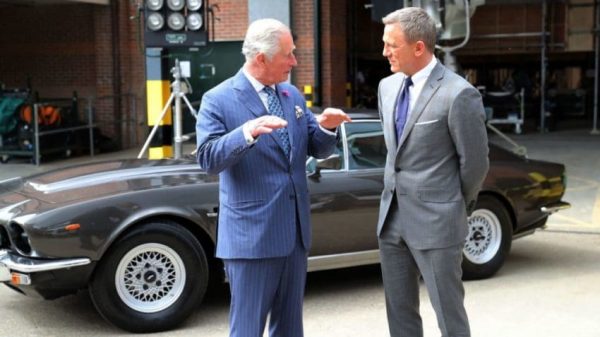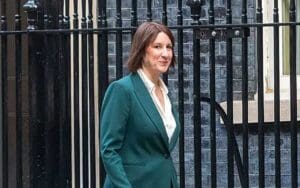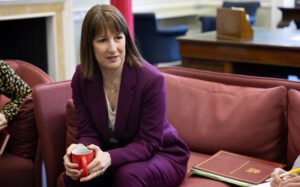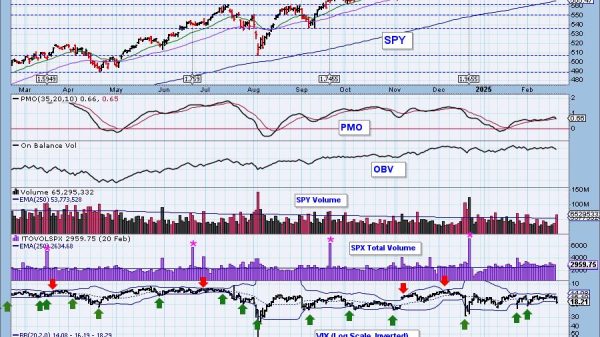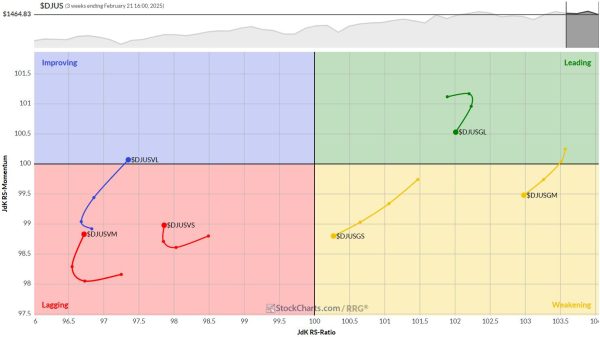A relatively new area of study in economics, behavioral economics, has started to gain popularity. The behavioral economics framework emerged because of dissatisfaction with the neoclassical theory regarding consumer choice. A major problem with the neoclassical theory is that human beings are presented as if hardwired with a scale of preferences. Regardless of circumstances, this scale is considered to remain the same at all times.
Mainstream economics argues that, if preferences are constant, it is possible to compress preferences into a mathematical formulation called a utility function. Similarly, the assumption of constancy is considered an important characteristic of rationality.
According to behavioral economics, however, human beings are not considered rational actors. behavioral economists consider emotions to be the key drivers of consumer choices. Furthermore, whether or not consumers are patient determines whether they are inclined to spend or save money on a given day. If they patient and save more money, entrepreneurs can generate funds for new investment projects.
Also, behavioral economists emphasize the importance of personality. Emphatic people are more likely to make altruistic choices. Impulsive people are more likely to be impatient and less likely to save money for retirement. Venturesome people are more likely to take risks and gamble. Behavioral economics reduces people to emotional archetypes and assumes they act in accordance with their emotional type in a consistent manor.
Obviously, once reason is dismissed, humans can be treated like objects. Human action is driven by external factors. By means of a given stimulus, one can observe various human responses and draw all sorts of conclusions regarding the world of economics. According to Ludwig von Mises, “it is impossible to describe any human action if one does not refer to the meaning the actor sees in the stimulus as well as in the end his response is aiming at.”
Introducing Psychology in Economics Will Not Make Economics More Realistic
Psychology plays an important role in behavioral economics; however, there is a distinct difference between these two. Psychology deals with the content of ends and values. Economics starts with the premise that people pursue purposeful action. It does not deal with the particular content of various ends. According to Murray Rothbard,
A man’s ends may be “egoistic” or “altruistic,” “refined” or “vulgar.” They may emphasize the enjoyment of “material goods” and comforts, or they may stress the ascetic life. Economics is not concerned with their content, and its laws apply regardless of the nature of these ends.
Whereas, Rothbard continues, “psychology and ethics deal with the content of human ends; they ask, why does the man choose such and such ends, or what ends should men value?” Economics deals with the formal implications of the fact that human beings have ends and utilize means to attain these ends. Consequently, economics is a separate discipline from psychology.
Contrary to popular economics, Rothbard held that valuations do not exist by themselves (regardless of the things to be valued). On this, he suggested, “there can be no valuation without things to be valued.” According to this thinking, valuation is the outcome of the mind valuing things; it is a relation between the mind and things.
It follows that an individual’s scale of preferences, supposedly hardwired, is a fiction. Whenever an individual is confronted with a thing, he assesses it according to how it might benefit his life or well-being. Benefits are likely to vary with changes in the individual’s circumstances. What was acceptable to the individual yesterday may not be acceptable today.
Obviously, humans do change their minds. It is not surprising that human behavior deviates from the machine model of behavior depicted by mainstream economics. Rather than dismissing the assumption of constant preferences, behavioral economists have retained the assumption and instead modified the utility function in order to bring supposedly more realism to the mainstream model. This means that the erroneous foundation of mainstream economics is left unchanged.
Furthermore, since in behavioral economics reason is not the key driver of individuals’ choices, evaluations of goods are not connected to reality. The reason why someone chooses a particular good over another is not much different that the preference scale advocated by popular economics. Does it make sense to discuss the goods individuals choose without also discussing the purpose those goods are meant to serve?
The Misesian Framework of Consumer Choices
According to Mises, the fact that individuals have a certain knowledge about themselves can assist in ascertaining a logically driven choice theory. For instance, one can observe that people engage in a variety of activities. They may perform manual work, drive cars, walk on the street, or eat in restaurants. All activities are conscious and purposeful.
Using that knowledge, we can establish the meaning of individual conduct. Thus, manual work may be a means to earn money which can then be used to achieve various goals like buying food or clothing. Dining in a restaurant can be a means for establishing business relationships. Driving a car may be a means for reaching a particular destination. People operate within a framework of means and ends; they use various means to secure ends.
The assertion that individuals pursue purposeful action implies that causes in economic analysis emanate from human beings and not from outside factors. The knowledge that human action is conscious and purposeful is certain not tentative. Anyone who objects to this contradicts himself, for he is engaging in a purposeful and conscious action to argue that human actions are not conscious and purposeful.
Conclusions derived from this knowledge are valid, and there is no need to subject them to laboratory tests as is done in experimental economics. Something that is certain does not require empirical verification.
Purposeful action implies that individuals assess or evaluate means against their ends. Individuals’ ends set the standard for human valuations and choices. By choosing a particular end, someone also sets a standard of evaluating various means.
For example, If John intends to buy a car, and cars are available on the market, John will specify the specific ends that the car will help him to achieve. For example, John may consider whether he plans to drive long distances or short distances. John’s ends will dictate how he will evaluate various cars. Perhaps, John will conclude that, for short distances, a secondhand car will do the trick. Since an individual’s ends determine the evaluation of means and, thus, his choices, the same good will be valued differently by different individuals.
At any point in time, individuals have numerous ends they wish to achieve. What limits the attainment of various ends is the scarcity of means. Hence, once more means become available, a greater number of ends can be accommodated.
If a preference scale is not hardwired in the human mind, it is futile to conduct experiments to extract this nonexistent scale. Therefore, results obtained from laboratory tests or from questionnaires do not advance our understanding of human action as far as economics is concerned. On the contrary, this kind of thinking prevents the acquisition meaningful knowledge.
Conclusion
By casting doubt on human reason, behavioral economics emphasizes the importance of emotion as the fundamental factor determining human actions. Using psychological analysis, behavioral economists have supposedly demonstrated that individual economic conduct is irrational. Consequently, behavioral economists may have unintentionally laid the foundation for the introduction of government controls that strip citizens of their rights and freedoms to protect them from their own irrational behavior.

